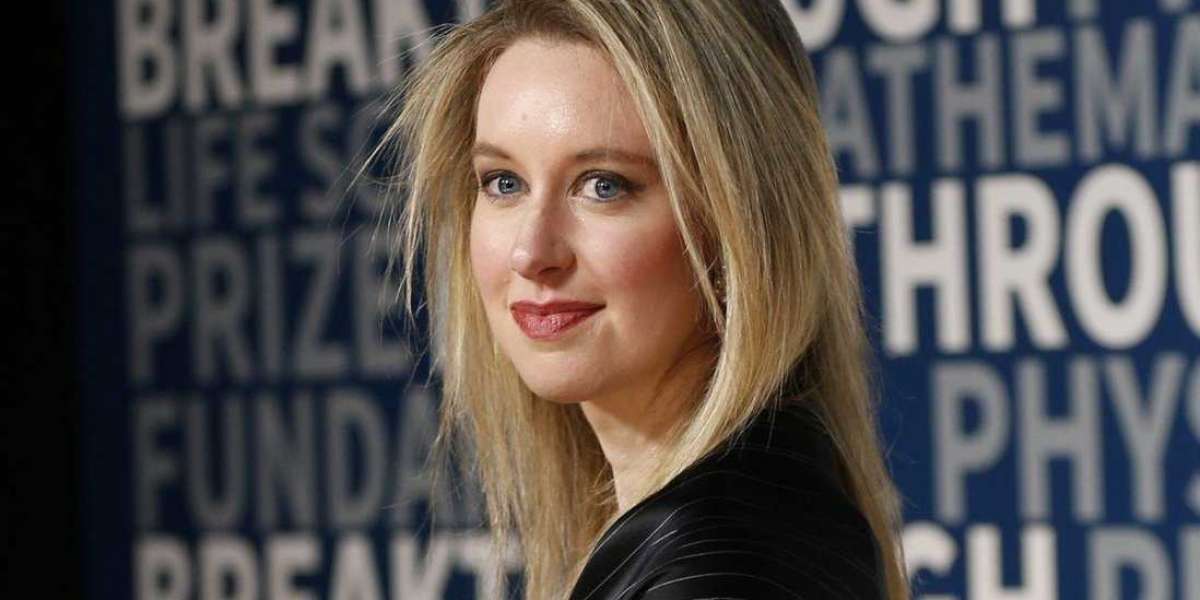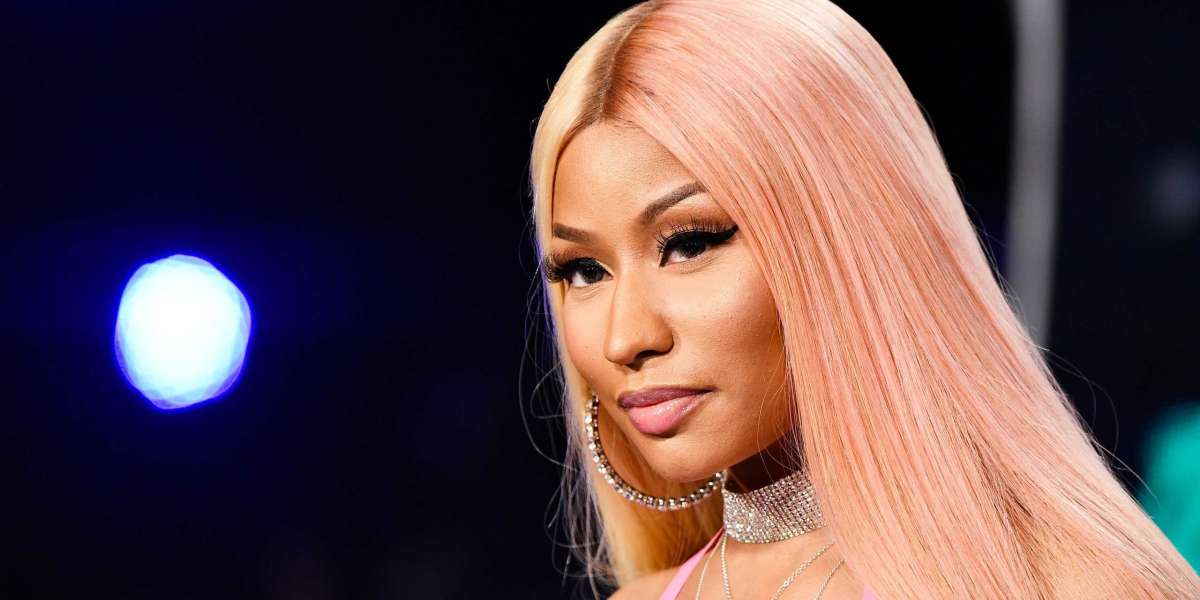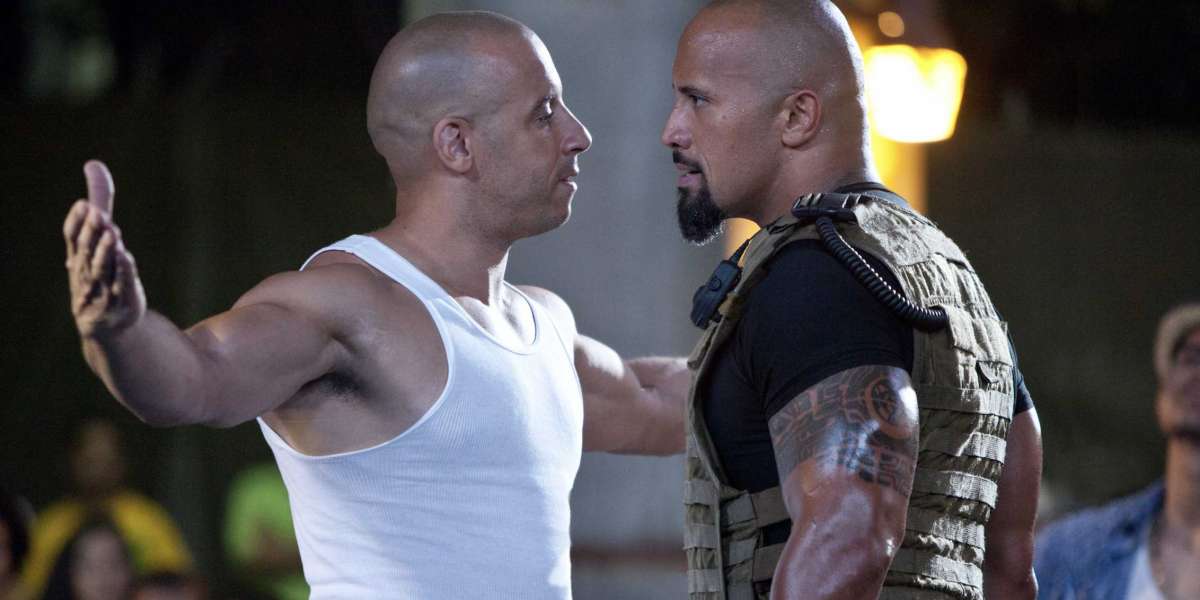Elizabeth Holmes, the founder of Theranos, was found guilty today of four of eleven charges stemming from her company's failing blood-testing technology.
A jury in San Jose debated for about 50 hours over the course of seven days before convicting the disgraced former CEO on three counts of fraud and one of conspiracy. On four additional accusations, Holmes was acquitted, and jurors were unable to make a decision on three more fraud allegations.
Holmes, 37, who testified in court and pleaded not guilty to all 11 charges, faces a maximum sentence of 80 years in jail — two decades for each conviction — but is likely to spend them all at the same time. There was no date set for sentencing, but it is expected during a hearing next week.
At the age of 19, Holmes dropped out of Stanford University and founded the now-defunct Theranos, claiming that its groundbreaking technology could diagnose a variety of ailments, including cancer, with just a few drops of human blood. As venture capitalists flocked to Silicon Valley in 2015, the young CEO had become a short-lived billionaire. However, an exposé in the Wall Street Journal later that year precipitated her swift demise.
Her trial began on August 31 after she was indicted in 2018.
Bad Blood, a planned Apple film starring Jennifer Lawrence as the CEO and written by Adam McKay (Don't Look Up, The Big Short), is about Holmes. The effort began at Legendary in 2016, not long after the publication of the WSJ piece.
She was also the subject of Oscar winner Alex Gibney's 2019 documentary The Inventor: Out for Blood in Silicon Valley. In an interview with Deadline at the time, the filmmaker said, "People have a fascination with frauds."



